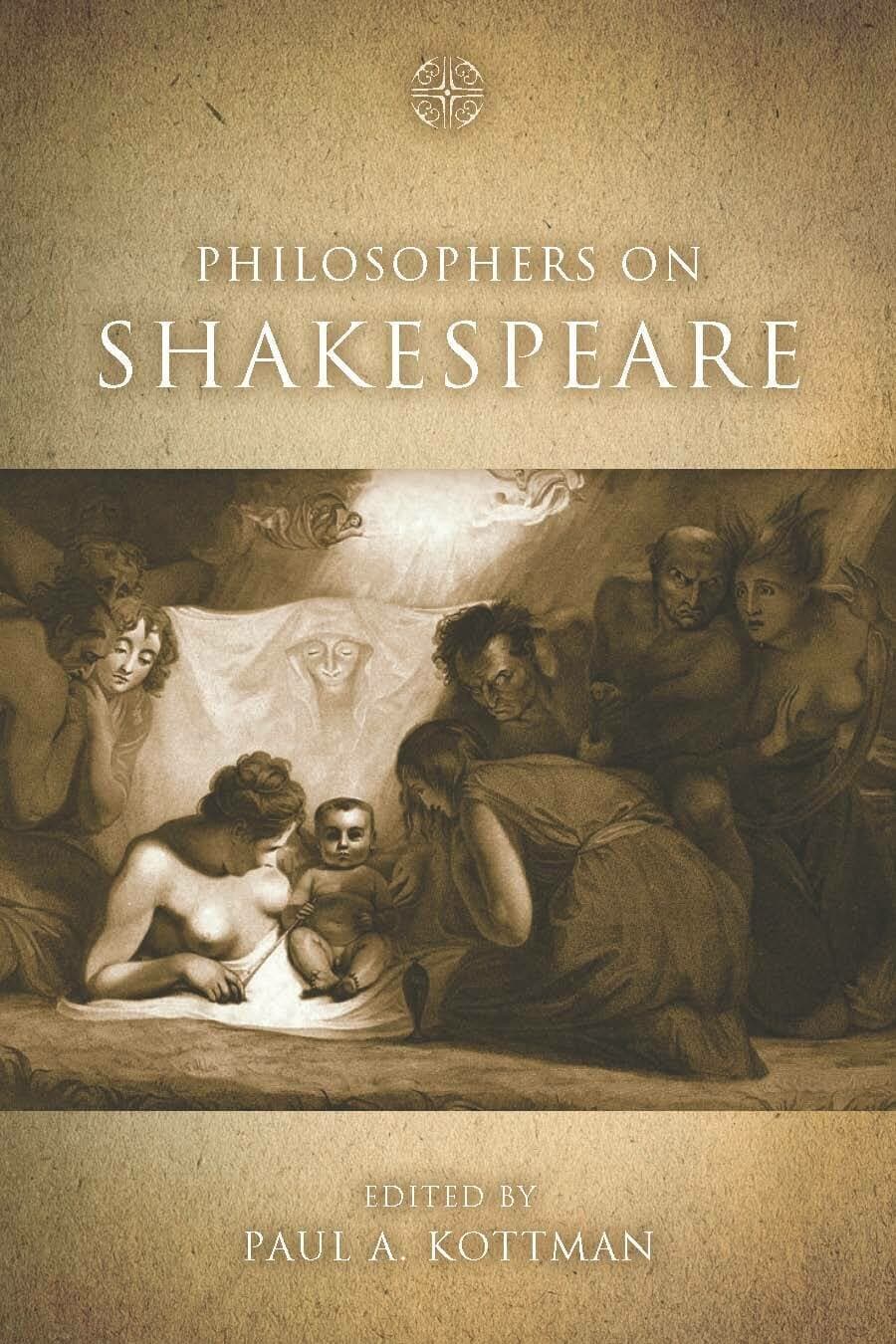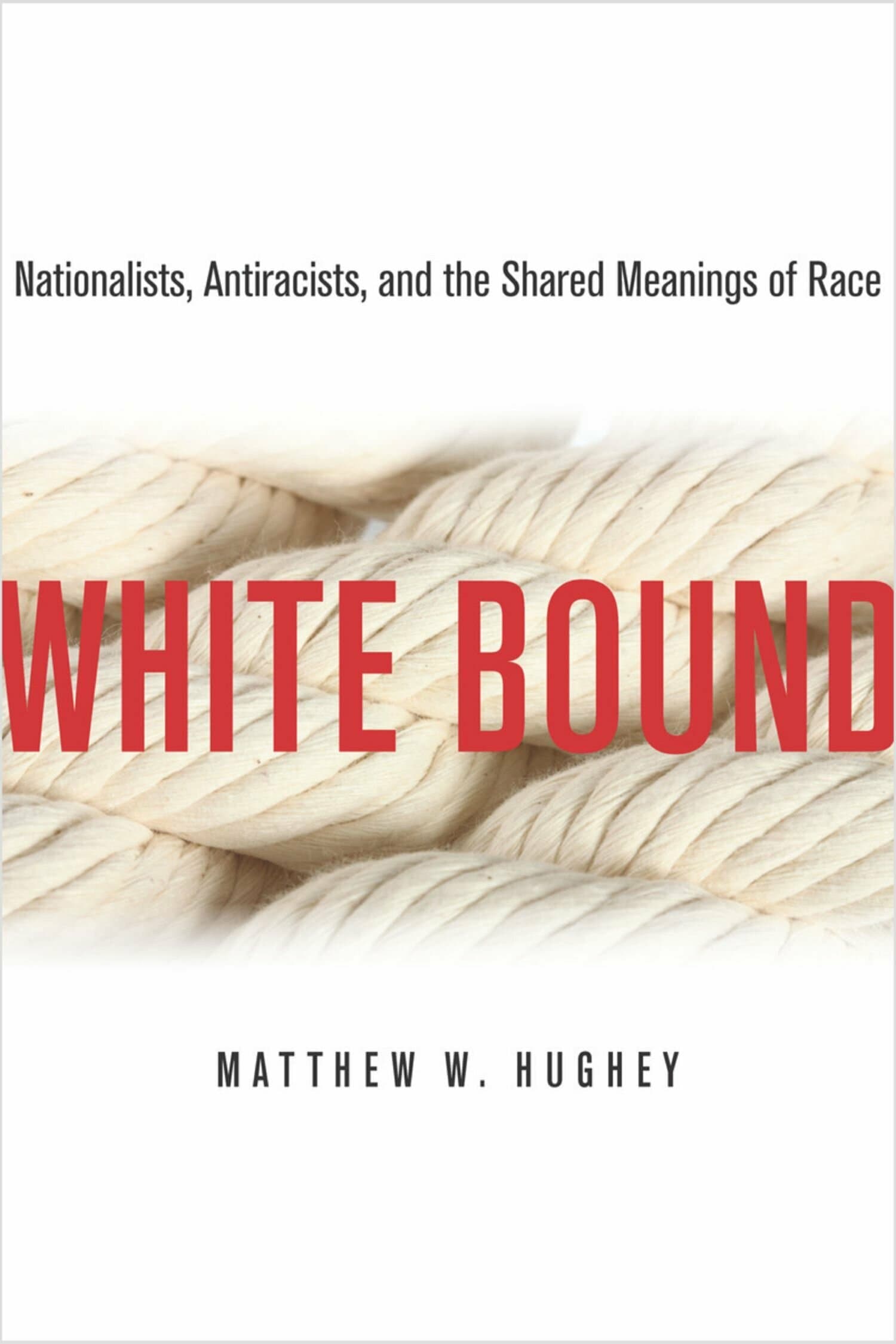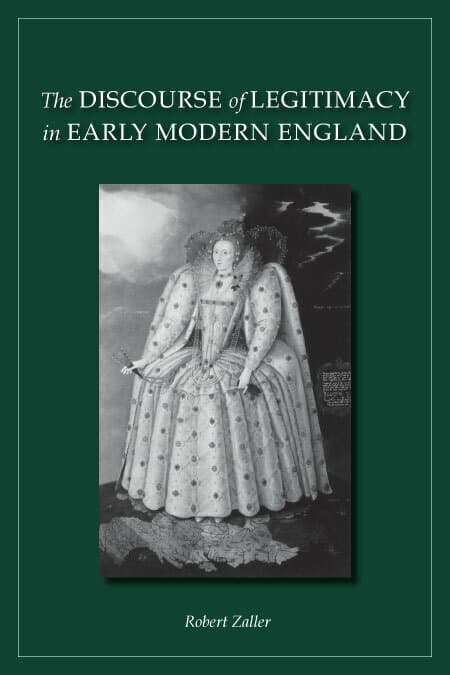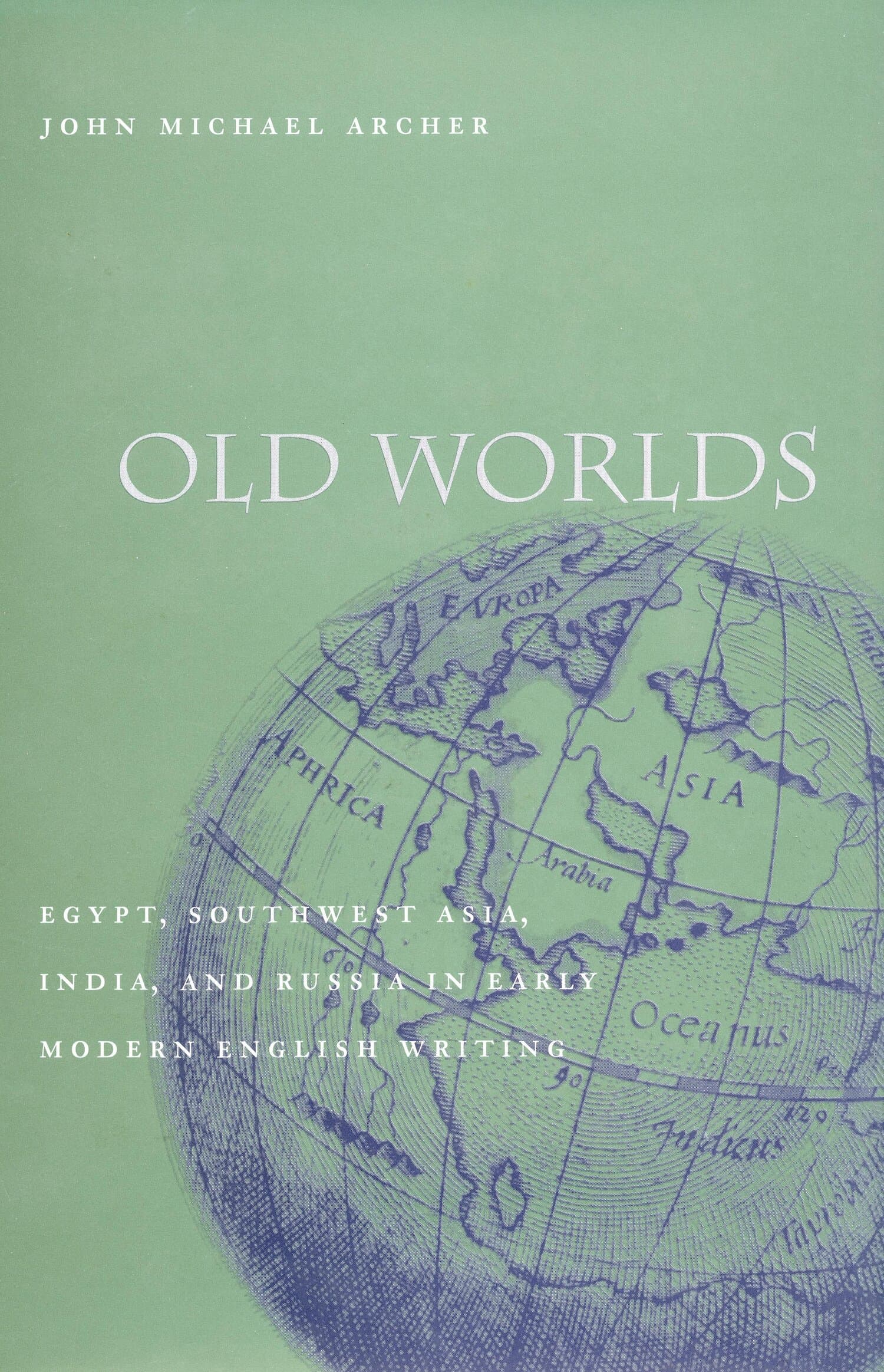Shakespeare Jungle Fever

This book takes Shakespeare's plays as a site for studying the specter of interracial sex—of a "jungle fever"—in early modern England's envisionings of itself. Shakespeare's works here assume the status of interrogating, of re-envisioning, rather than simply restaging the scene of a horrific sexual encounter. The author argues that early modern England's national-imperial aesthetic, notably its evocation of classicism, relies significantly on a textual and cultural manipulation of race.
Nowhere is this more apparent and popularly accessible than in the period's drama and in sacrificial rape stories, narratives in which a raped white woman kills herself not only to reclaim her lost virginity but also to claim or reclaim her racial whiteness. Not surprisingly, the desire to affirm the sacrificially raped woman as white necessitates the inclusion of black male bodies in these stories. This inclusion is made all the more conspicuous by the fact that there are no known historical accounts of a black man raping a white woman in early modern England. Why, then, the obsession with "jungle fever"?
The answer, the author argues, is to be found in the creation of a rhetoric of masculinity and whiteness in England's shaping of its national and imperial ambitions. He anchors his claims by focusing on a variety of classical and early modern sites—Rome, Venice, Ireland, Africa, and Egypt—and by examining a range of sources, including dramatic texts, narrative poems, paintings and other illustrations, medical lore, and geographies. Through close studies of Titus Andronicus, Othello, and Antony and Cleopatra, this book deepens our understanding of race (then and now) as well as the role granted Shakespeare in cultural discourses past and present.




